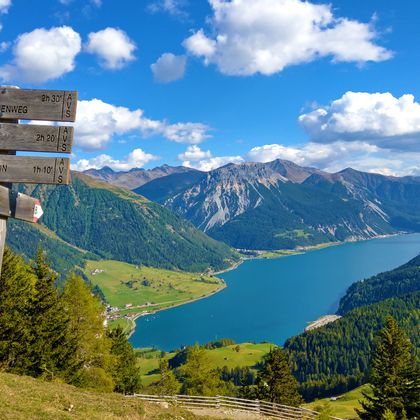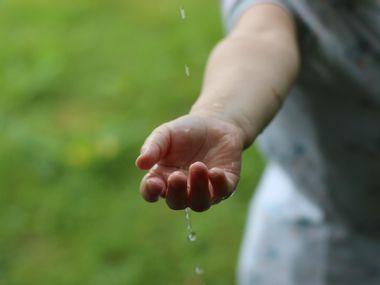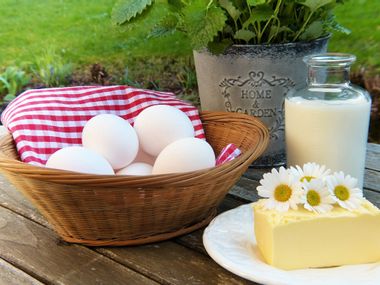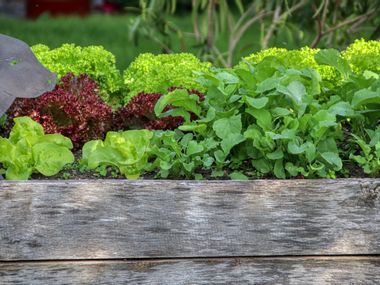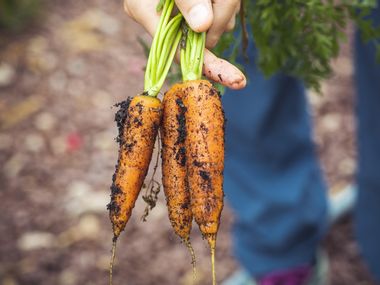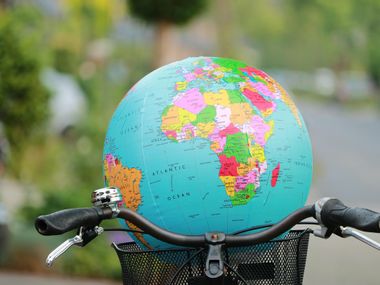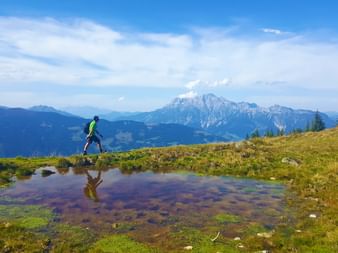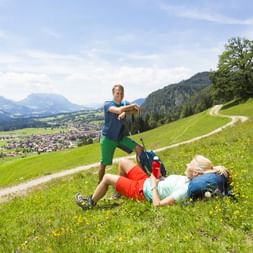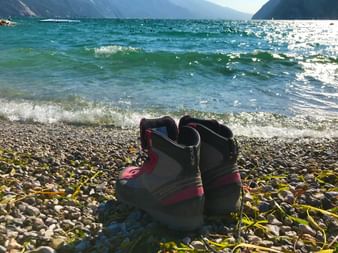Whether at home, when shopping, travelling or on the daily commute to work – even small steps towards sustainability can make a difference. And that does not mean having to do without everything immediately, but it is more about focusing on rethinking, possible alternatives and what is feasible.
You do not have to become a master in sustainability straight away – even a few small permanent changes in everyday life make such a valuable contribution to a healthy environment. After all, we only have one planet! We at Eurohike put our thinking caps on and researched very simple tips and ideas that can be easily implemented in everyday life and at the same time do something good for our environment.

